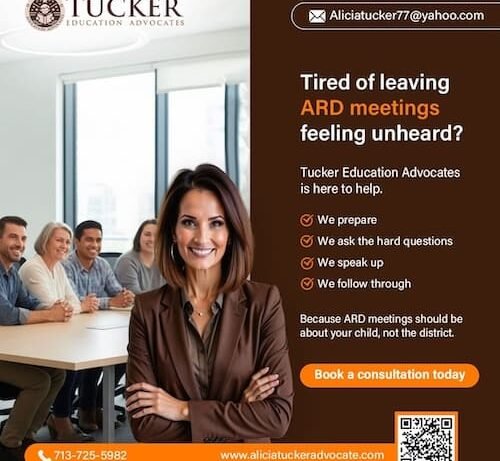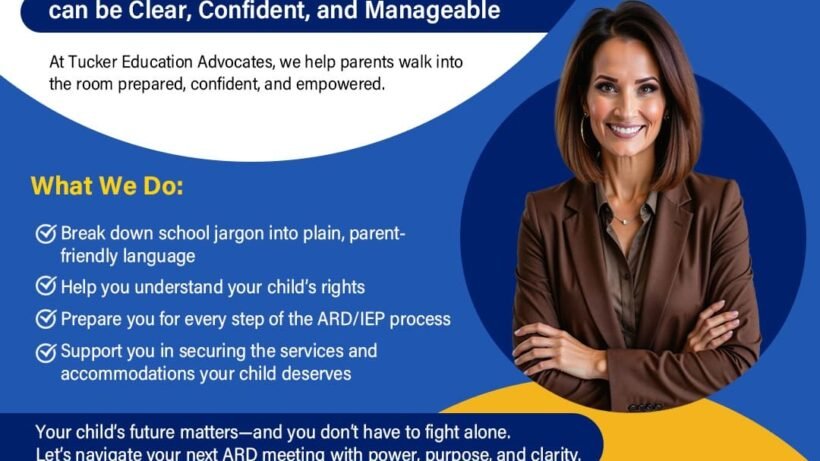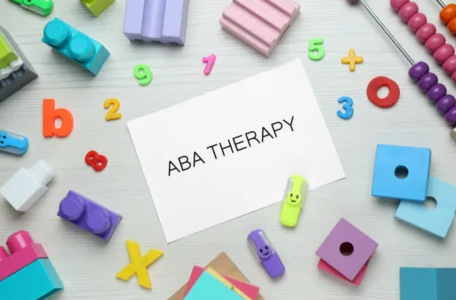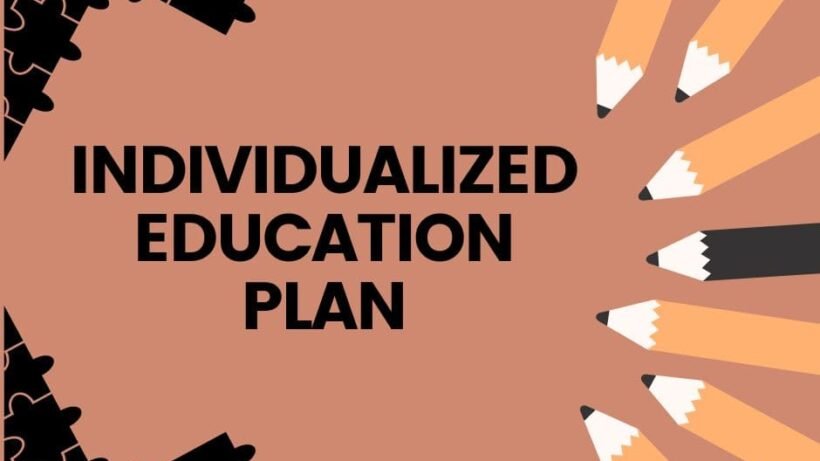504 Plan but Still Failing? What Parents Need to Know
My Child Has a 504 Plan - So Why Are They Still Failing? This is one of the most common, and important, questions we hear at Tucker Education Advocates.A 504 Plan is meant to provide access, not instruction. While accommodations like extended time or preferential seating can help level the










